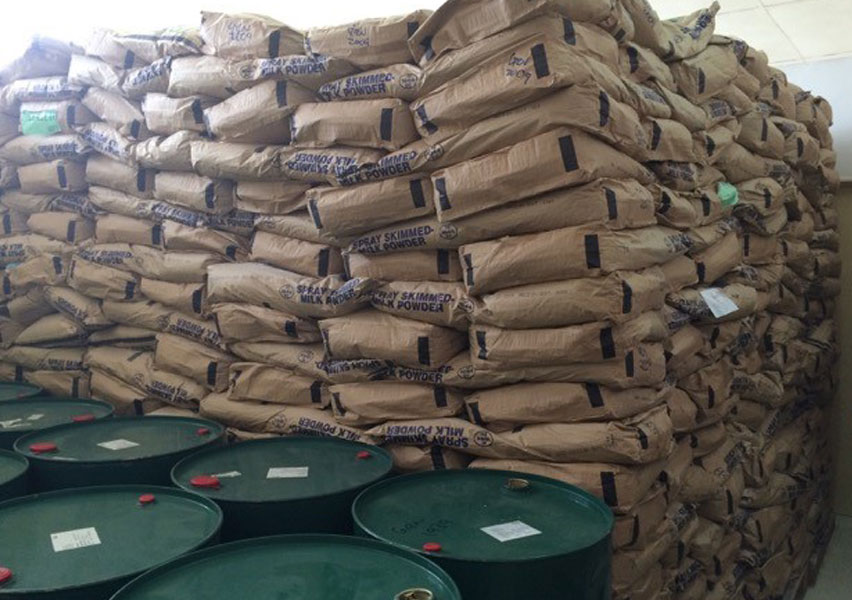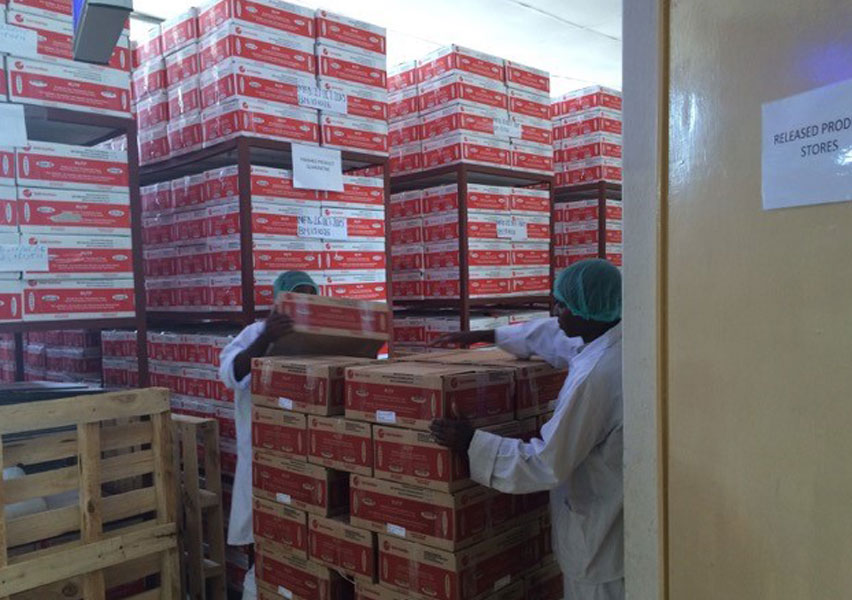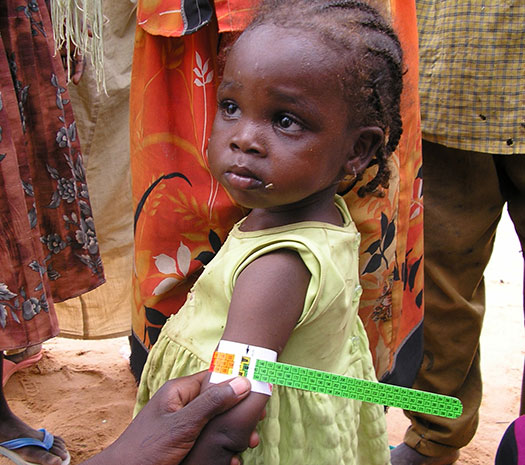
by Garry Wiley | May 22, 2015 | News
We are delighted to announce that Dr Hans-Jürgen Koch will join the Board of Valid Nutrition as a Director.
Hans-Jürgen Koch has had a long and distinguished career initially in academia and then finance. This includes positons as former CEO of Deutsche Bank (Suisse) S.A; the Head of Private Wealth Management International for Deutsche Bank Group as well as the CEO of Wealth Management Europe for BNP PARIBAS SA.
Hans-Jürgen earned his Ph.D. from Albert-Ludwigs-Universität, Freiburg, Germany. He was both a Fulbright Scholar at The Graduate Faculty, New School for Social Research, New York, and a DAAD-Scholar at the American University in Cairo, Egypt. Hans-Jürgen holds dual Swiss and German nationality and currently resides in Zurich. He is married with three daughters.
We strongly believe that Hans-Jürgen’s skills, experience and knowledge are a great addition for Valid Nutrition. I am personally delighted that Hans-Jürgen has agreed to join our Board. I know that he will provide great support to help us continue to advance our mission to drive change in how malnutrition is addressed globally through innovative market and business based solutions.
Steve Collins
Chairman
May 2015

by Garry Wiley | Mar 3, 2015 | News
Valid Nutrition to present results of exciting Smallholder Farmers Project in UCC on 6th March 2015.
We will be presenting the results of our pioneering study on the Effectiveness of a Local Ready-to-Use Therapeutic Food (RUTF) Value Chain to Combat Acute Malnutrition in Malawi, at an event in University College Cork (UCC) on 6th March 2015. Sean Sherlock TD, Minister for State for Development, Trade Promotion and North-South Co-operation, will give the opening address.
What is it all about? This study was funded primarily by Irish Aid and carried out in conjunction with UCC and Bunda College Malawi. We undertook a four year livelihood analysis working with poor smallholder farmers in Malawi, looking at their experiences with groundnut production. Since Valid Nutrition began production of RUTF in Malawi in 2005 we have argued that RUTF should be produced locally (rather than shipped in from overseas suppliers) using locally sourced ingredients.
The objective was that through partners and value chain stakeholders we could support these farmers to produce commercial grade groundnuts, thus creating a reliable source of high quality groundnuts suitable for the local production of RUTF and also giving them a steady income.
Programme for UCC-Valid seminar 6 March 2015
Research papers available here
by Garry Wiley | Mar 2, 2015 | News
VALID NUTRITION’S ground-breaking operational pilot examining the effectiveness of 3 different approaches to Community based Management of Acute Malnutrition (CMAM) in Odisha (Orissa) is well under way. This pilot is the first time that an Indian government programme has used Ready to Use Therapeutic Food (RUTF) and so represents a really important step forward that has huge potential ramifications.
Since 2008, following a controversy over the unsanctioned use of imported Nutriset product by several international organisations, the use of RUTF had effectively been banned. This has meant that India, home to almost half of the world’s cases of Severe Acute Malnutrition (SAM), remains the only major country not to use the CMAM approach.
The project is being funded by DFID India and taking place across one district with a population of just under one million. Child development services in the district are well developed and the VALID team has supported and trained over 2,000 community level workers to diagnose SAM, provide basic medical screening and prescribe the correct dose of RUTF to children found to be suffering from SAM. VALID has been working with the government, to train workers and facilitate programme implementation while also helping to develop protocols and guidelines. We have also been involved in setting up a small RUTF production facility, run by a local women’s self help group, which has the capacity to supply RUTF to the whole district.
Vitally, we are collecting data on the implementation and effectiveness of the pilot to provide the government with concrete answers as to the effectiveness of the different approaches in the India context.
If the project is a success – and the data demonstrates that RUTF is as effective in India as it is in the other 65 countries where it is used (initial signs look very positive) – the potential for this project to scale up is absolutely huge.
India has a vast network of community-based child development services with hundreds of thousands of similar centres spread across the whole country. These centres reach up to 8 million children with SAM, who could for the first time be offered effective treatment within a few years.

by Garry Wiley | Feb 26, 2015 | News
Over the past year our factory in Malawi, which we operate with our partners Exagris Africa, has produced 3 million sachets of Ready to Use Therapeutic Food (RUTF), sufficient to treat around 25,000 children with Severe Acute Malnutrition (SAM).
Despite these figures it has been a difficult year due to a poor groundnut harvest. Peanut paste is a key raw material for RUTF and the quality need to be extremely high. We have struggled to maintain a consistent supply of paste and in response to this we have made several changes with our suppliers. While it will take some time to see the benefits materialise, we remain optimistic on the longer term outlook. Demand for RUTF remains high and if we can produce, the volume opportunities are there.
With the help of a grant from USAID’s South African Trade Hub (SATH), we plan to start pilot production of a Ready-to-use Complementary food (RUCF) in Malawi very soon.
What is RUCF? RUCFs are designed to prevent chronic malnutrition which affects 43% of all children in Malawi and on average over 40% of all children in sub Saharan Africa. We intend to undertake a test market project using RUCF in Malawi, which will focus on addressing the process used to reach children affected by Chronic Malnutrition using a customer and market driven approach. This is the first step in a very ambitious programme we have lined up for 2015 to start the process of unlocking this potentially massive market.

by Garry Wiley | Nov 26, 2014 | News
Ben Ramalingam of Humanitarian Innovation Fund talks about Steve and Valid’s work in this insightful article about disruptive innovation: “The Power of Disruptors”




